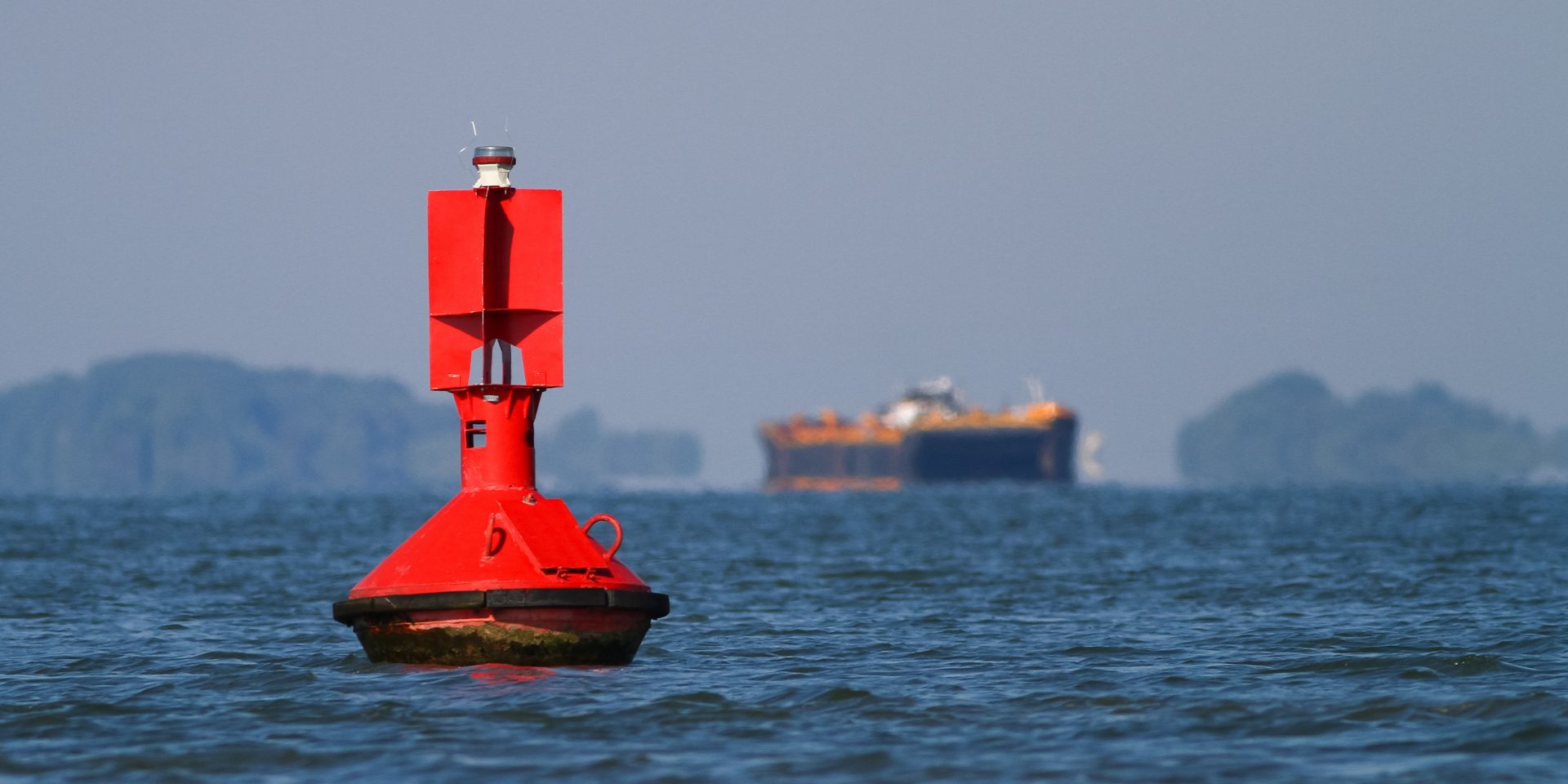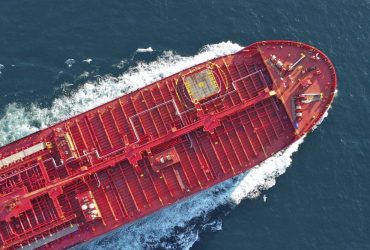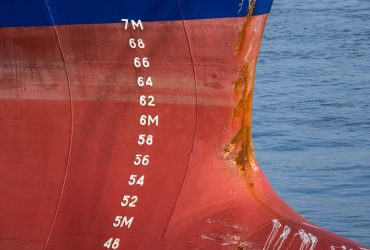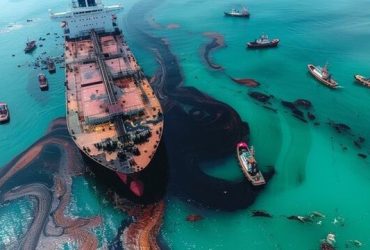In a significant move aimed at streamlining regulations and fostering growth in Argentina’s maritime and river industries, the country’s Minister of Security, Patricia Bullrich, alongside Federico Sturzenegger, the Minister of the Ministry of Deregulation and State Transformation, and Guillermo Giménez Pérez, General Prefect of the Prefectura Naval Argentina (PNA), announced the introduction of key reforms to the Régimen de Navegación Marítima, Fluvial y (REGINAVE). These changes are designed to reduce bureaucratic barriers, lower operational costs, and promote a more efficient, accessible, and competitive maritime sector.
Minister Bullrich emphasized that these reforms are part of a broader cultural shift intended to eliminate unnecessary bureaucracy, reduce unproductive taxes, and make maritime activities more streamlined. According to Bullrich, the goal of the deregulation agenda is “pro-production and pro-SMEs,” focusing on making maritime activities easier and more affordable. The changes are expected to lead to a substantial increase in economic activity across Argentina’s rivers and seas, benefiting key sectors such as fishing, recreational boating, and livestock transport.
Key Reforms in the New REGINAVE
The new regulatory framework introduces several transformative changes designed to improve the efficiency and accessibility of the maritime sector:
- Increased Economic Freedom and Simplified Authorizations: Licenses issued by the PNA will now be valid nationwide, eliminating the need for separate permits in different regions.
- Simplified regulatory regime will be implemented for vessels under 100 tons, allowing for faster approval processes by qualified professionals.
- Expanded Licensing for Sporting and Professional Diving: Under the new rules, Nautical Federations will have the authority to grant licenses, with validity extended to ten years. Additionally, international diving certifications will be recognized without the need for additional national validation, streamlining processes for divers and related industries.
- Oil Exploration and Exploitation: International certifications for oil dispersants and safety zones for exploration will be accepted without additional national homologation.
- Modernized Vessel Registration: The new regulations eliminate the need for state permission to register or transfer vessels, accelerating transactions in the maritime sector.
- The validity of certifications for terrestrial staff will be extended to five years or more and requirements for hiring specific personnel will be eased.
In addition to regulatory changes, the Prefectura Naval Argentina (PNA) is undergoing its own modernization efforts. The PNA has begun digitizing its operations, including the issuance of national and international vessel safety certificates and the credentials for terrestrial personnel. This shift to digital records is expected to enhance efficiency and reduce paperwork, making processes faster and more transparent.
With these sweeping reforms, Argentina is poised to significantly enhance the operational capacity of its maritime and river industries, creating a more favorable environment for growth, investment, and innovation. The government’s commitment to cutting red tape and empowering the private sector will drive productivity, reduce operational costs, and position Argentina’s maritime sector as a more competitive force on the global stage.




